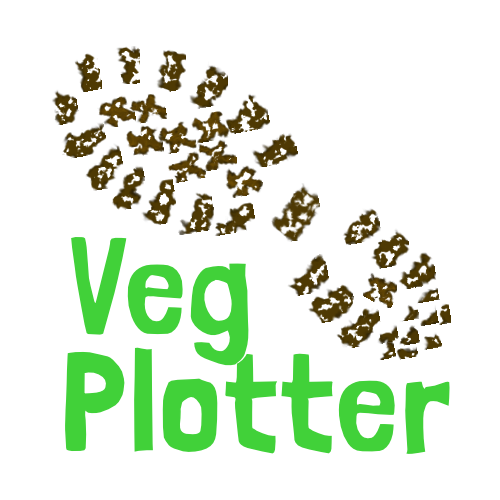Growing Ginger: The Ultimate Guide to the Medicinal Plant Of 2026

Ginger has officially been named the Medicinal Plant of the Year for 2026, and there has never been a better time to add this "horned root" to your garden. Whether you’re using a balcony in Seattle, a community garden in New York, or a sprawling allotment in London, ginger is the perfect high-reward crop for the modern gardener.
At VegPlotter, we believe in making gardening effortless. Here is everything you need to know about the history, benefits, and secrets to a massive ginger harvest this year.





